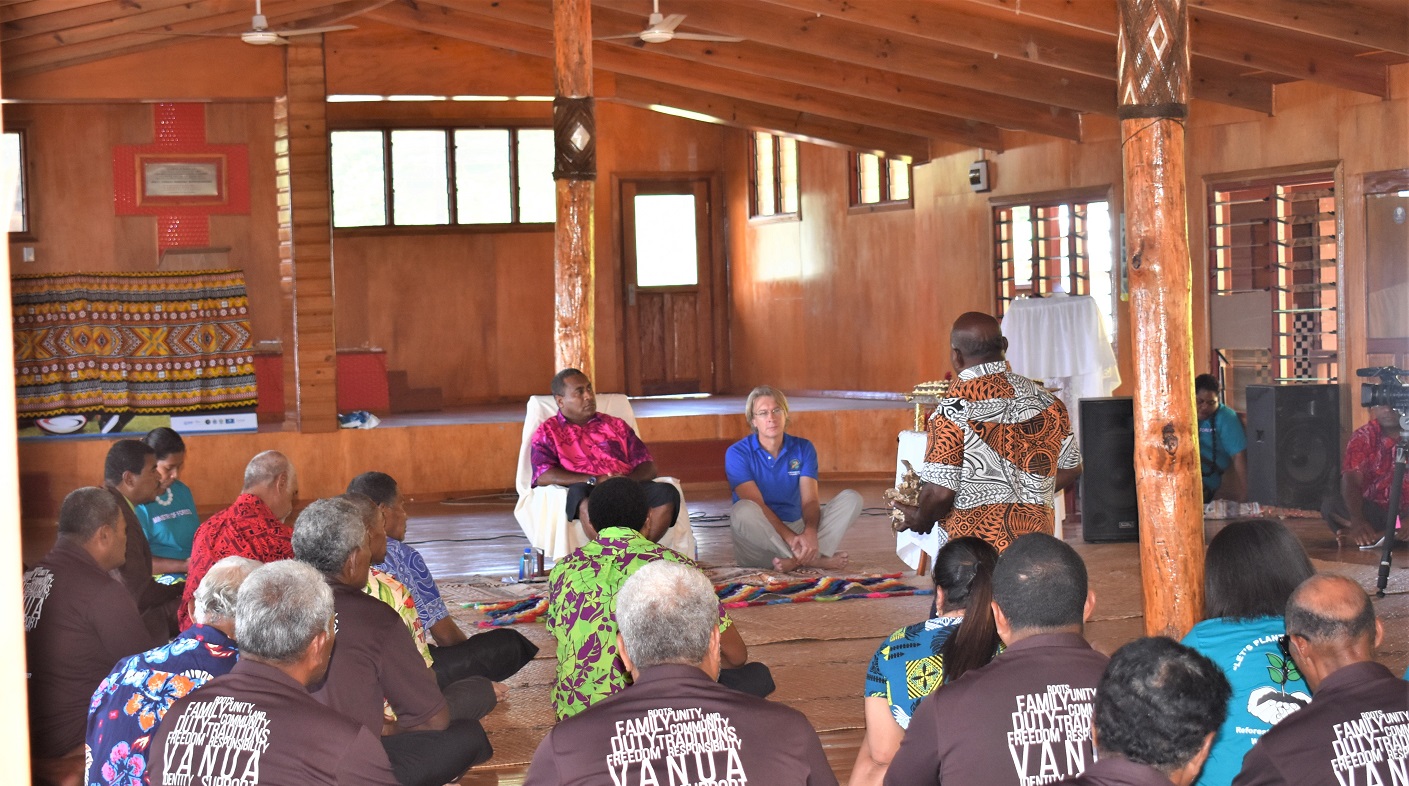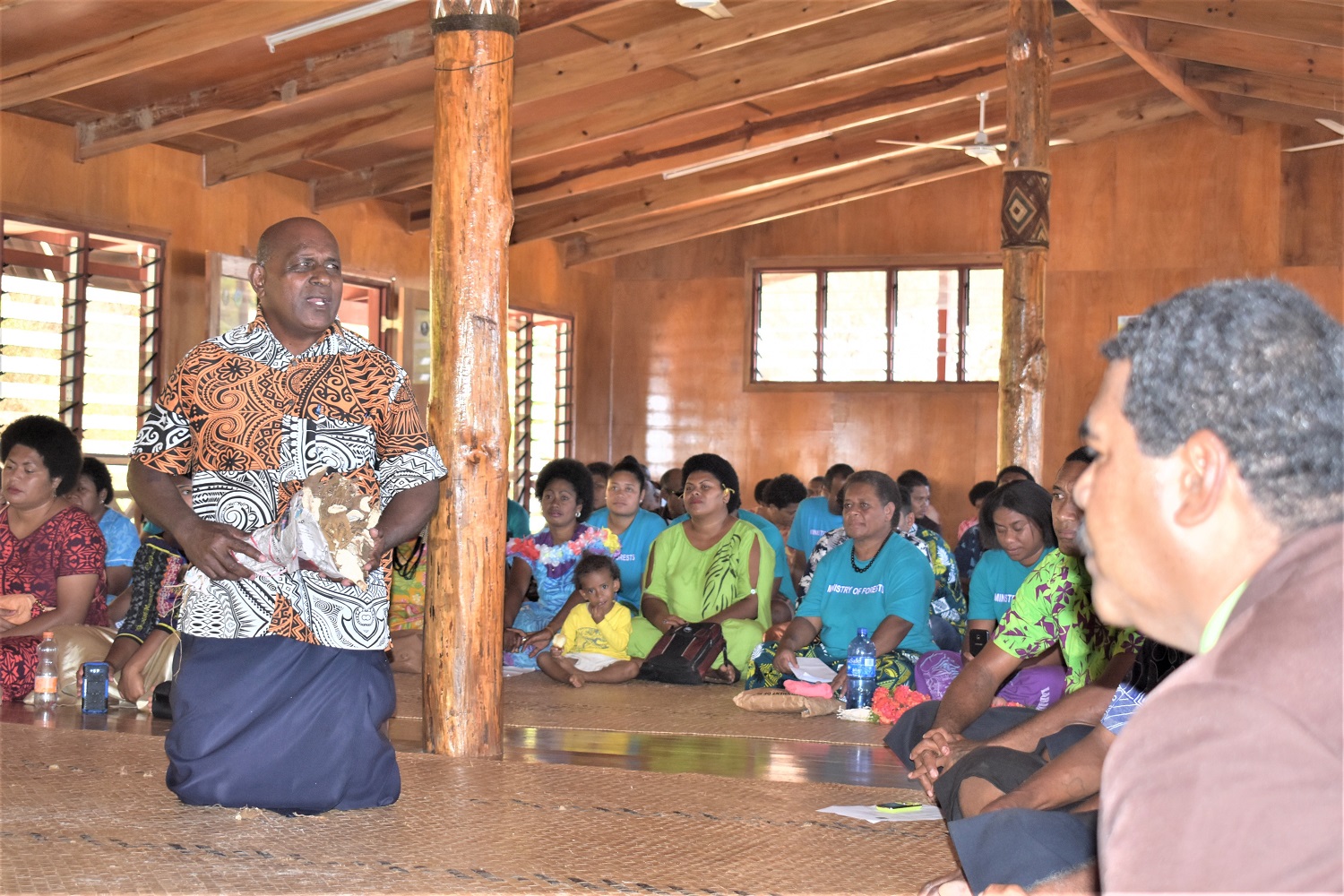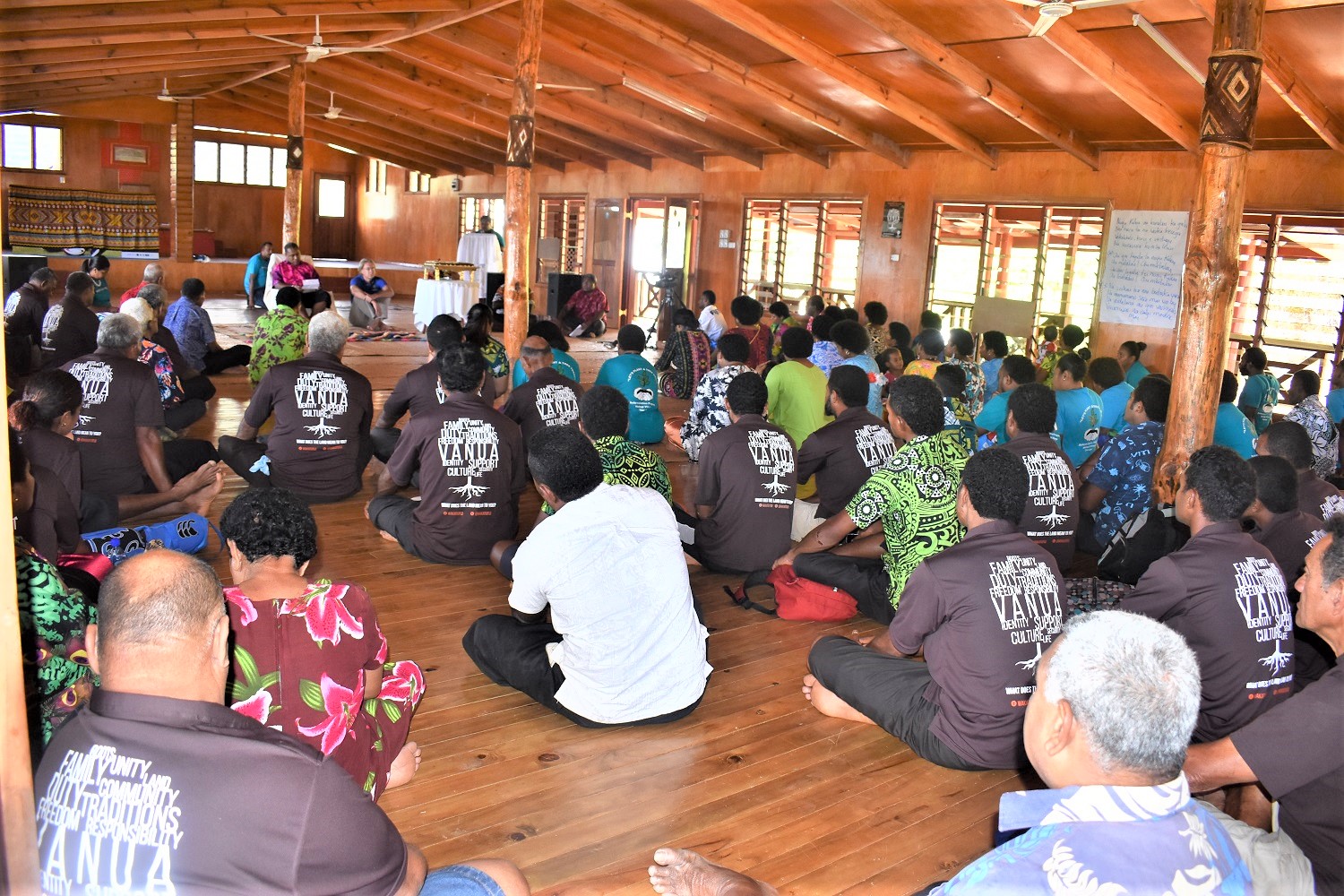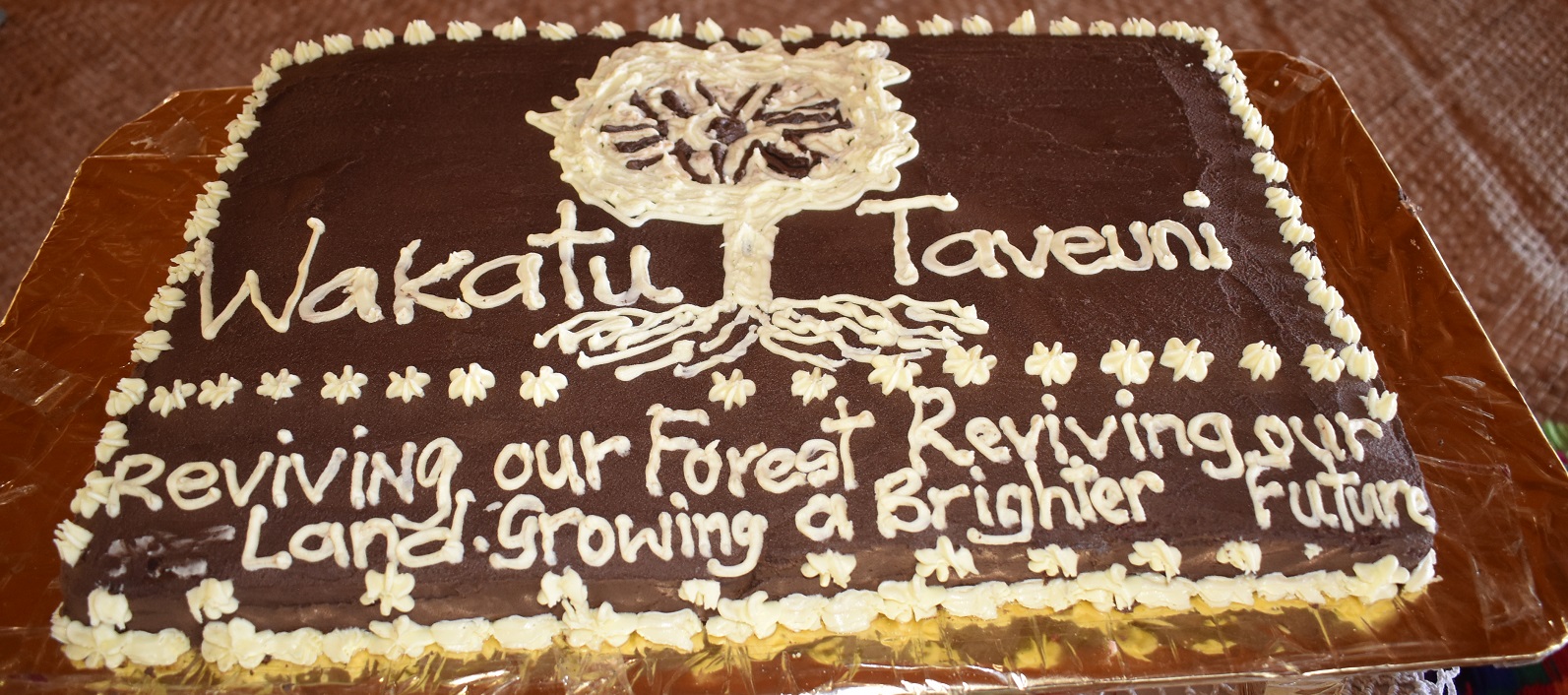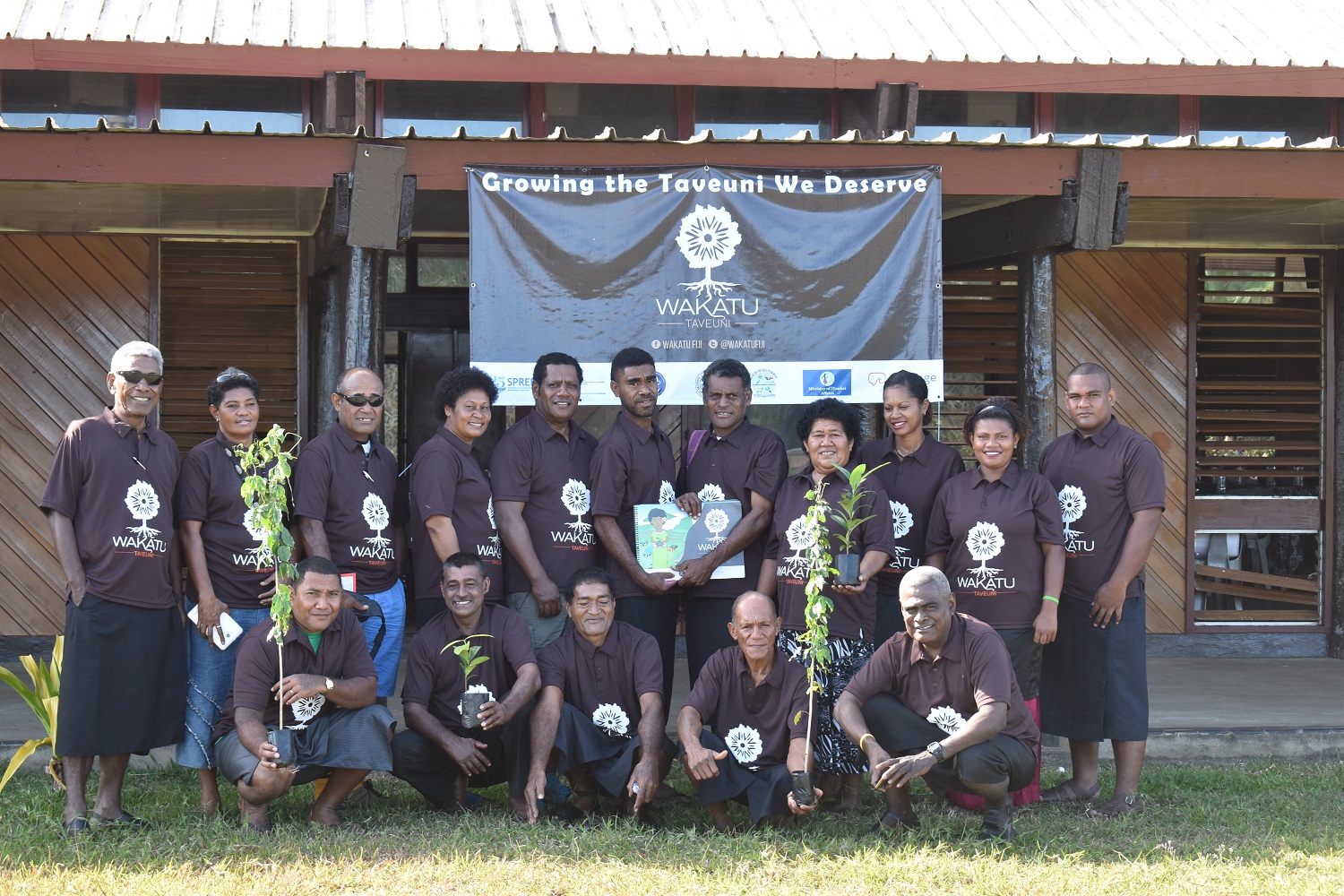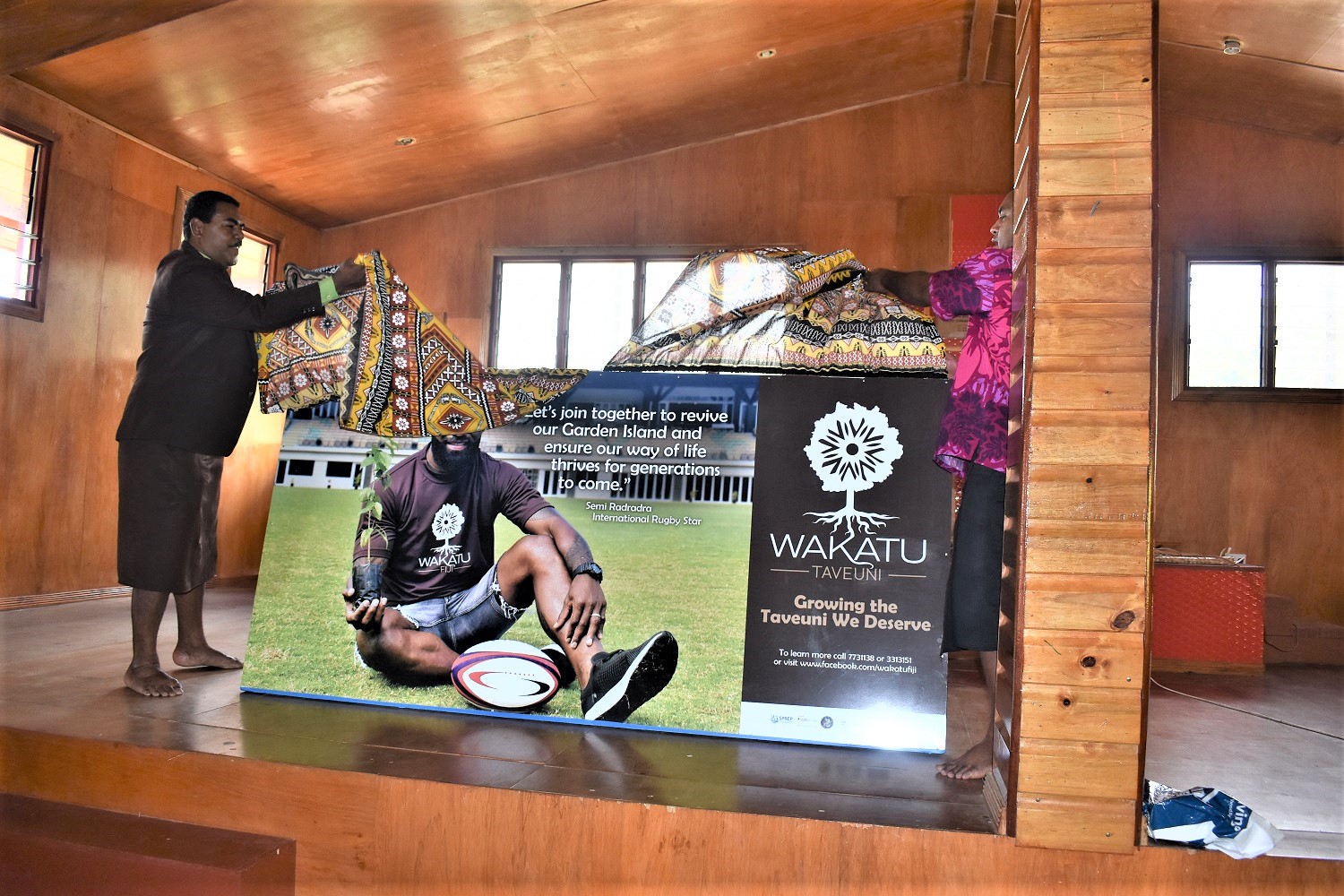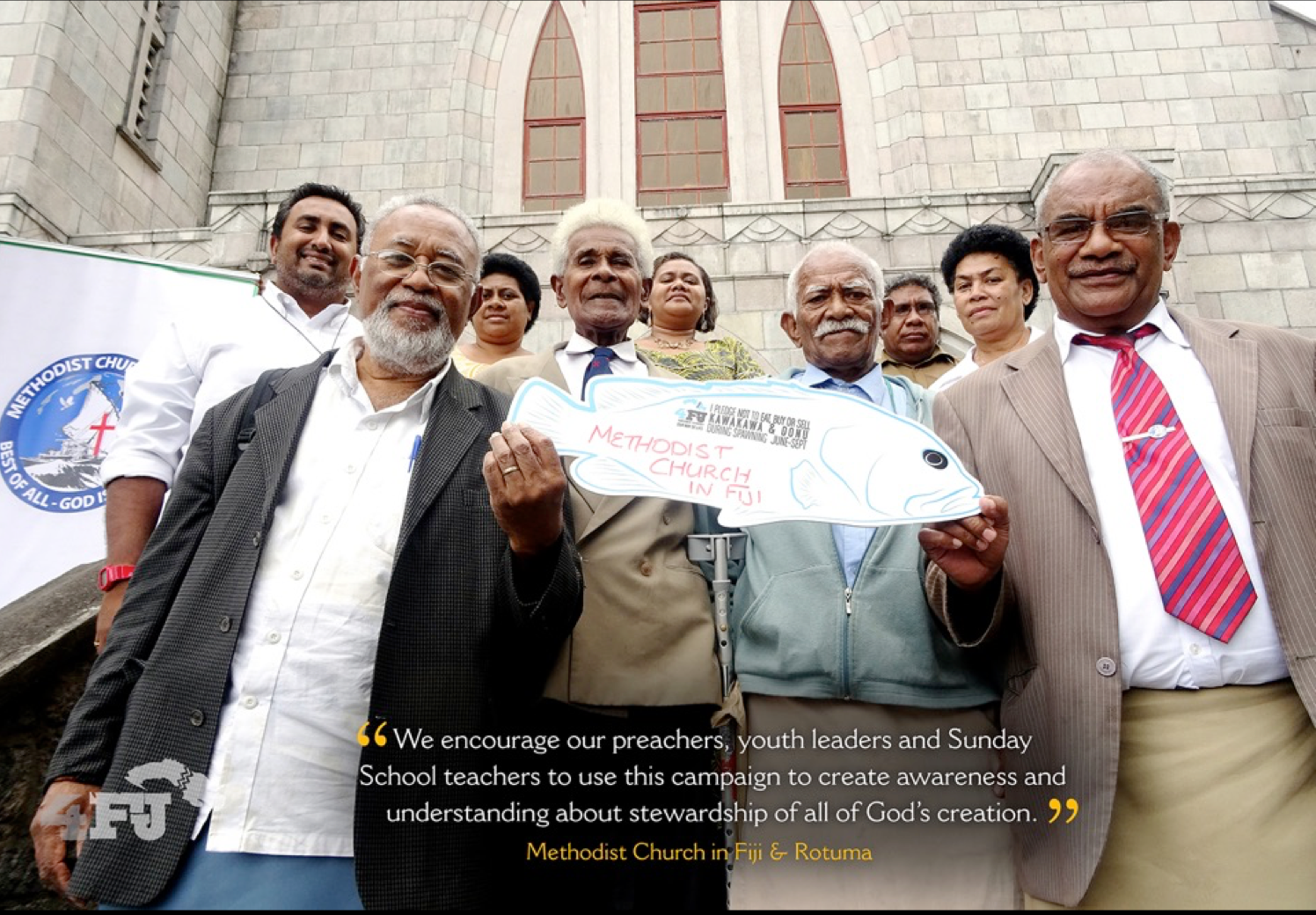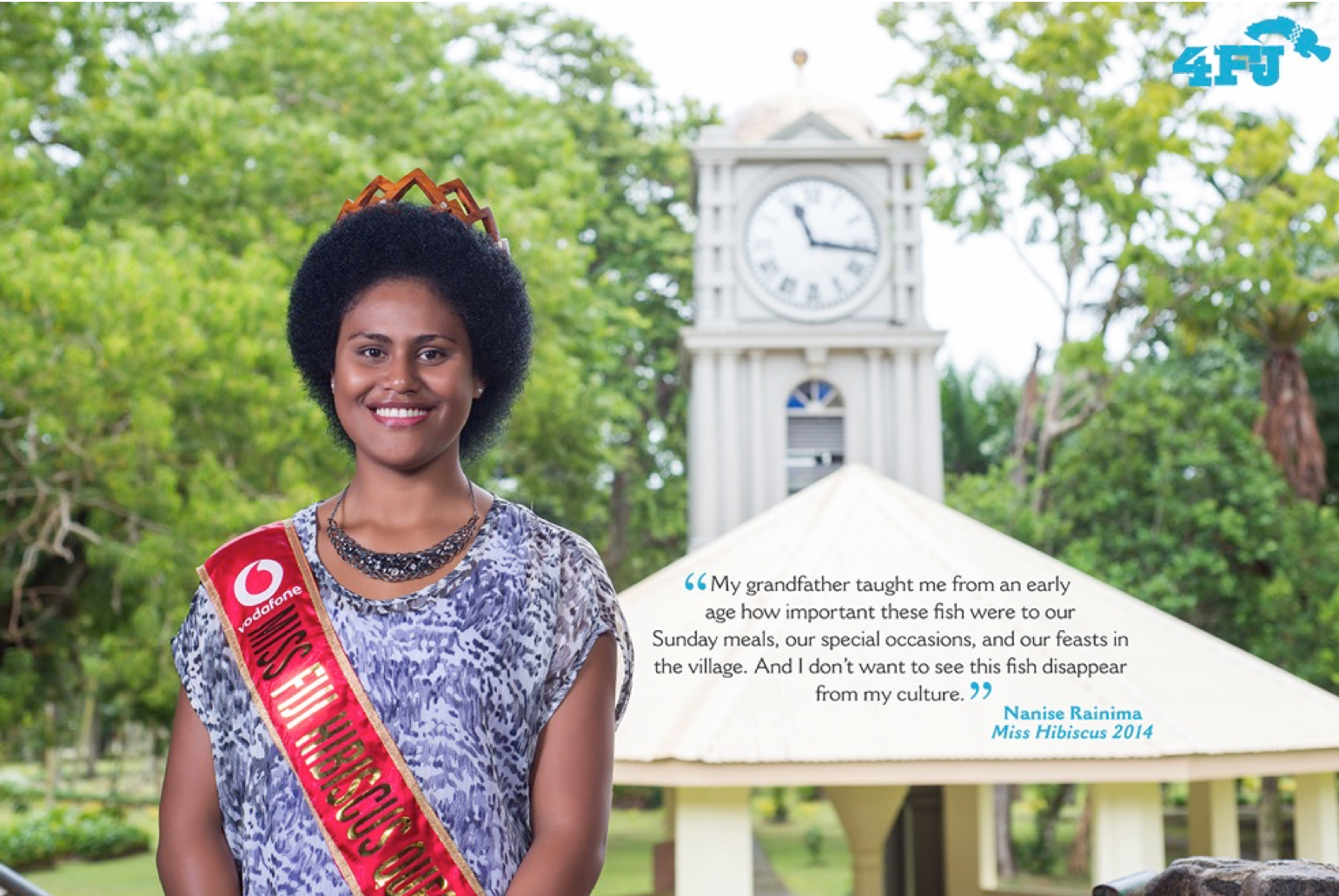Women in coastal communities in the Pacific commonly collect crabs and other invertebrates, and in some countries, fish with a variety of gear, including in deep waters. Women also are engaged in selling fish at markets throughout the Pacific.
Women fish to provide a healthy diet for their families and sell fish to earn income for family expenses, such as schooling, transport and medical care.
In other words, women fishers are vital to community health.
But in discussions on fisheries management, they are often not included. Nor are they often targeted by fisheries support services.
That’s the problem.
But fixing that is complicated. Outside interventions can often be heavy-handed and cause more harm than good as the cultural and traditional practices in the Pacific are complex and communities small. Addressing these issues require sensitivity, and relationship building that projects don’t often invest in enough.
With that in mind, we teamed up with Wildlife Conservation Society Fiji to see how creative communications could help shine a light on some of these issues. WCS has been a leader in advancing women in fisheries issues both in Fiji and regionally. The WCS team identified women fishers and sellers, who they worked with and could share their views on the challenges they face today.
As a result, together we developed a pilot series of short videos that shine a spotlight on women in fisheries in Fiji.
You can meet Nainasa Ragusu, 71, who started fishing in primary school, when her mother first brought her out to the reef. She uses nets and fishing lines and sells her fish to a settlement near her village. She sells fish to pay for her family’s basic needs.
You can meet Neomai Matawaqa, 56, who, when she married, moved to her husband’s village in Bua Province, and learned to catch crabs from an elder woman in the village. She’s now an expert crab fisher who talks about the need to leave the small ones behind so there are enough breeding each year.
And you can meet Lily Chow who has been selling fish in Suva for two decades. When she started, fishers and middlemen would talk past her, to her husband, she says, she had to “put my foot down.” Over time, created a profitable business that helped pay her children’s education and she wants to encourage more women to follow her lead.
The videos are intended to establish clearly that women are active, experienced, expert fishers, often involved in fish selling, and have meaningful perspectives to share. No drama. Because, first off, one of the first hurdles to better supporting women in fisheries is the simple acknowledgement of the role they are currently playing in the sector. And second, it’s hard to argue that these ladies are not fishers, if they are given the chance to show off their expert knowledge.
These first three videos will be shared on social media and at workshops and meetings in communities. If the response is good, we ideally secure additional funds to create many more videos to shine a spotlight on women in fisheries contribution to healthy communities. The key is to keep the spotlight on, so over time, the lack of representation will be abundantly obvious to everyone involved.
Just women fishers, in their own voices. That’s the idea. Let us know what you think.






